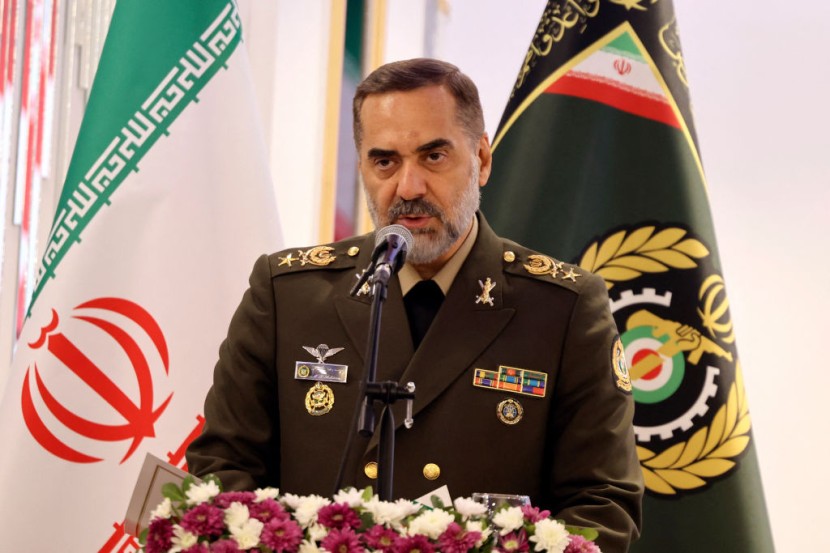On Jan. 3, celebrators and commemorates participating in a procession to honor General Qassem Soleimani, the leader of Iran's Revolutionary Guard who was killed in a U.S. drone strike, were attacked by a series of staggered explosions.

Nearly 100 people were killed by the bomb and the ensuing aftermath. Reuters reports that the United States government privately warned the Iranians, their long-time adversary, of the threat of an attack within its borders prior to the bombing-which was claimed by the Islamic State organization.
A U.S. official told the newswire that the warning to Iran was routine. But some believe it to be an attempt and trying to build trust with Tehran. These trust attempts would come against a reality that sees Iran proxy warriors attack Western interests and allies.
Hamas, Hezbollah, and the Houthis of Yemen are all seen as proxies and beneficiaries of Iran.
"The U.S. government followed a longstanding 'duty to warn' policy that has been implemented across administrations to warn governments against potential lethal threats. We provide these warnings in part because we do not want to see innocent lives lost in terror attacks," said the U.S. official on condition of anonymity.
Jon Alterman, Director of the Middle East program at the Center for Strategic and International Studies (CSIS) in Washington, believes the warning may reflect a broader desire to engage in dialogue with Iran, despite attacks by its proxies.
"This is an olive branch," Alterman said, adding that U.S. President Joe Biden's administration came into office believing dialogue between Washington and Tehran could benefit both sides.
Former President Donald Trump abandoned the 2015 Iran nuclear deal while in office, but efforts to revive it by the current administration have failed. But Biden's aides are constantly searching for new ways to reengage the Iranians.
"They have always believed in the desirability of dialogue, and that the problem is about what and on what terms," Alterman said. "This was an opportunity to begin to build trust, which strikes me as a page from the diplomatic playbook."
Aaron David Miller of Washington's Wilson Center, cited by Reuters, added that"You can't transform the U.S.-Iranian relationship. All you can do is to look for opportunities ... to transact, to de-escalate, and avoid an escalatory ladder that would lead to war," he said.








